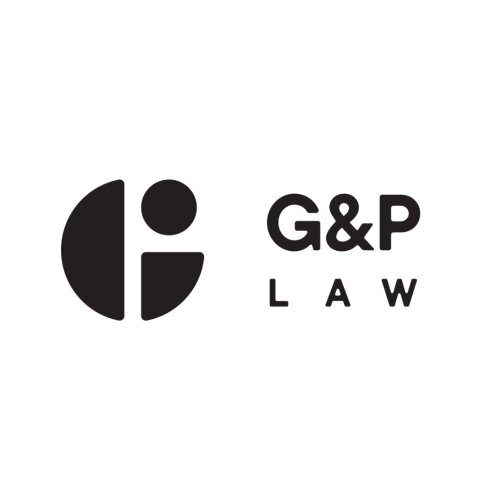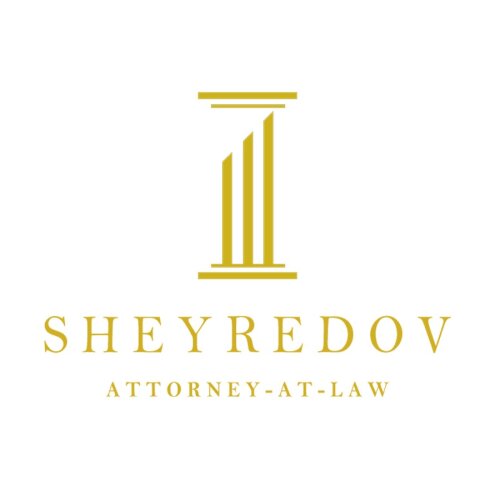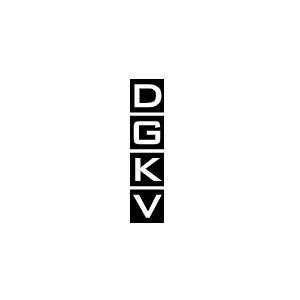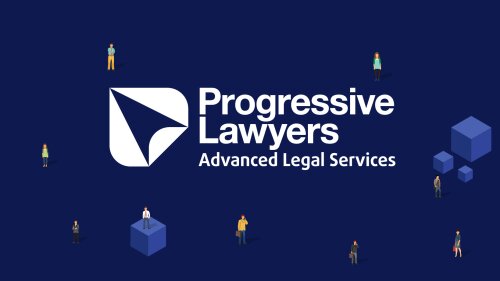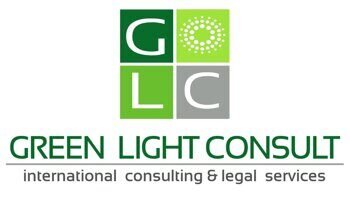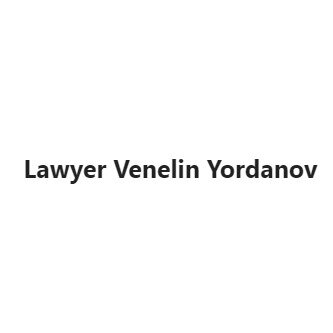Best Energy Regulatory Law Lawyers in Bulgaria
Share your needs with us, get contacted by law firms.
Free. Takes 2 min.
Or refine your search by selecting a city:
List of the best lawyers in Bulgaria
About Energy Regulatory Law in Bulgaria
Energy Regulatory Law in Bulgaria encompasses the rules, regulations, and standards that govern the generation, transmission, distribution, and supply of energy, including electricity, natural gas, and renewable sources. This legal field is vital for ensuring the security, fairness, and efficiency of the energy market while protecting both consumer rights and the interests of energy companies. The regulatory framework is mainly shaped by national laws, as well as European Union directives and regulations, ensuring Bulgaria harmonizes its energy sector with European standards.
Why You May Need a Lawyer
Individuals and businesses may require legal assistance in Energy Regulatory Law for a range of reasons. Common situations include:
- Starting or expanding a business involving energy production or supply
- Navigating licensing and permit requirements for energy projects
- Dealing with disputes with energy suppliers or regulatory bodies
- Understanding compliance obligations under Bulgarian and EU energy regulations
- Participating in energy market transactions such as acquisitions, mergers, or joint ventures
- Seeking advice on renewable energy incentives, tariffs, and green certificates
- Resolving issues related to grid access or transmission capacity
- Addressing unfair trading practices or abuse of dominance in the energy sector
A lawyer with expertise in Energy Regulatory Law can provide key guidance, represent your interests before authorities or courts, and help you avoid potentially costly mistakes.
Local Laws Overview
The foundation of Bulgaria’s energy regulatory system is laid by several key pieces of national legislation, all of which must be compatible with EU requirements. The primary law is the Energy Act, which sets the framework for energy companies, market organization, consumer protection, and regulation. The Energy Act is complemented by secondary legislation on specific topics, such as pricing, licensing, and technical standards.
The Energy and Water Regulatory Commission (EWRC) acts as the main watchdog and regulatory authority. It issues licenses to market participants, sets tariffs for certain services, monitors compliance, and imposes sanctions when necessary. The EWRC also handles consumer complaints and supervises the integration of renewable energy sources into the national grid.
Important aspects also include:
- Detailed procedures for obtaining and maintaining energy licenses
- Rules for connecting new production facilities to the grid
- Regulations on energy efficiency and renewable energy promotion
- Tariff regulation and methodologies for price-setting
- Provisions for market liberalization and consumer protections
Bulgaria’s laws are also shaped by its obligations under EU directives on electricity, gas, and energy market transparency, which frequently require adaptation of domestic rules to maintain alignment.
Frequently Asked Questions
What is the main law regulating energy in Bulgaria?
The primary law is the Energy Act, which governs all aspects of electricity, natural gas, and district heating markets. Secondary regulations provide additional detail for licensing, tariffs, and technical requirements.
Who regulates the energy sector in Bulgaria?
The Energy and Water Regulatory Commission (EWRC) is the national regulator responsible for licensing, price-setting, and overall supervision of the energy sector.
Do I need a license to produce or supply energy?
Yes, most activities such as production, transmission, distribution, and supply of energy require a license from the EWRC, with specific conditions depending on the type and capacity of the activity.
How are energy prices determined?
Prices for certain energy services, especially in regulated segments, are set by the EWRC based on methodologies established in law. The liberalized market segments may have prices determined by market forces.
What are the main incentives for renewable energy in Bulgaria?
Bulgaria offers support schemes including feed-in tariffs and mandatory grid access for renewable energy producers, subject to eligibility and regulatory approval.
How can disputes with energy companies be resolved?
Consumers and market participants can file complaints with the EWRC or seek resolution through the courts if administrative or negotiated settlements are not possible.
What are the obligations related to energy efficiency?
Both producers and large consumers of energy are subject to mandatory energy efficiency requirements, including audit obligations and investment in energy-saving measures.
Is the energy market in Bulgaria fully liberalized?
The market has undergone significant liberalization, particularly in electricity, but some segments remain regulated, notably for household consumers.
How does EU law affect Bulgarian energy regulations?
Bulgaria’s energy laws must comply with EU directives and regulations, which often drive updates to national rules, especially around market rules, renewable energy integration, and consumer rights.
What should I do if I plan to invest in the Bulgarian energy sector?
It is important to seek legal advice early in the process to understand licensing requirements, regulatory obligations, land use issues, and market conditions. Engaging a specialist lawyer can help ensure compliance and streamline your project.
Additional Resources
If you need further information or require legal guidance in Energy Regulatory Law in Bulgaria, the following resources may be helpful:
- Energy and Water Regulatory Commission (EWRC) - The primary regulatory authority for the energy sector.
- Ministry of Energy - Responsible for sectoral policymaking, strategies, and implementation of government programs.
- Bulgarian Energy Holding - A key state-owned entity involved in much of the country’s energy infrastructure, often involved in strategic projects.
- Commission for Protection of Competition - For legal matters involving market dominance or unfair trading in the energy sector.
- Bulgarian Industrial Association - Provides support and advocacy for companies operating in the Bulgarian energy market.
- European Union Publications and Directives - For updates on EU standards and directives impacting Bulgaria.
Professional legal associations and law firms specializing in energy law are also valuable resources for guidance, current updates, and representation.
Next Steps
If you require legal assistance in Energy Regulatory Law in Bulgaria, consider the following steps:
- Identify and clearly define your legal issue or project goals
- Gather all relevant documents and communications related to your energy project or concern
- Contact a qualified Bulgarian lawyer or law firm specializing in energy regulatory matters
- Prepare specific questions or points you wish to discuss before your consultation
- Stay informed about regulatory updates and amendments that may affect your situation
By working with an experienced lawyer, you can ensure compliance with local and EU regulations, minimize risks, and optimize your investment or operation within the Bulgarian energy sector.
Lawzana helps you find the best lawyers and law firms in Bulgaria through a curated and pre-screened list of qualified legal professionals. Our platform offers rankings and detailed profiles of attorneys and law firms, allowing you to compare based on practice areas, including Energy Regulatory Law, experience, and client feedback.
Each profile includes a description of the firm's areas of practice, client reviews, team members and partners, year of establishment, spoken languages, office locations, contact information, social media presence, and any published articles or resources. Most firms on our platform speak English and are experienced in both local and international legal matters.
Get a quote from top-rated law firms in Bulgaria — quickly, securely, and without unnecessary hassle.
Disclaimer:
The information provided on this page is for general informational purposes only and does not constitute legal advice. While we strive to ensure the accuracy and relevance of the content, legal information may change over time, and interpretations of the law can vary. You should always consult with a qualified legal professional for advice specific to your situation.
We disclaim all liability for actions taken or not taken based on the content of this page. If you believe any information is incorrect or outdated, please contact us, and we will review and update it where appropriate.
Browse energy regulatory law law firms by city in Bulgaria
Refine your search by selecting a city.



